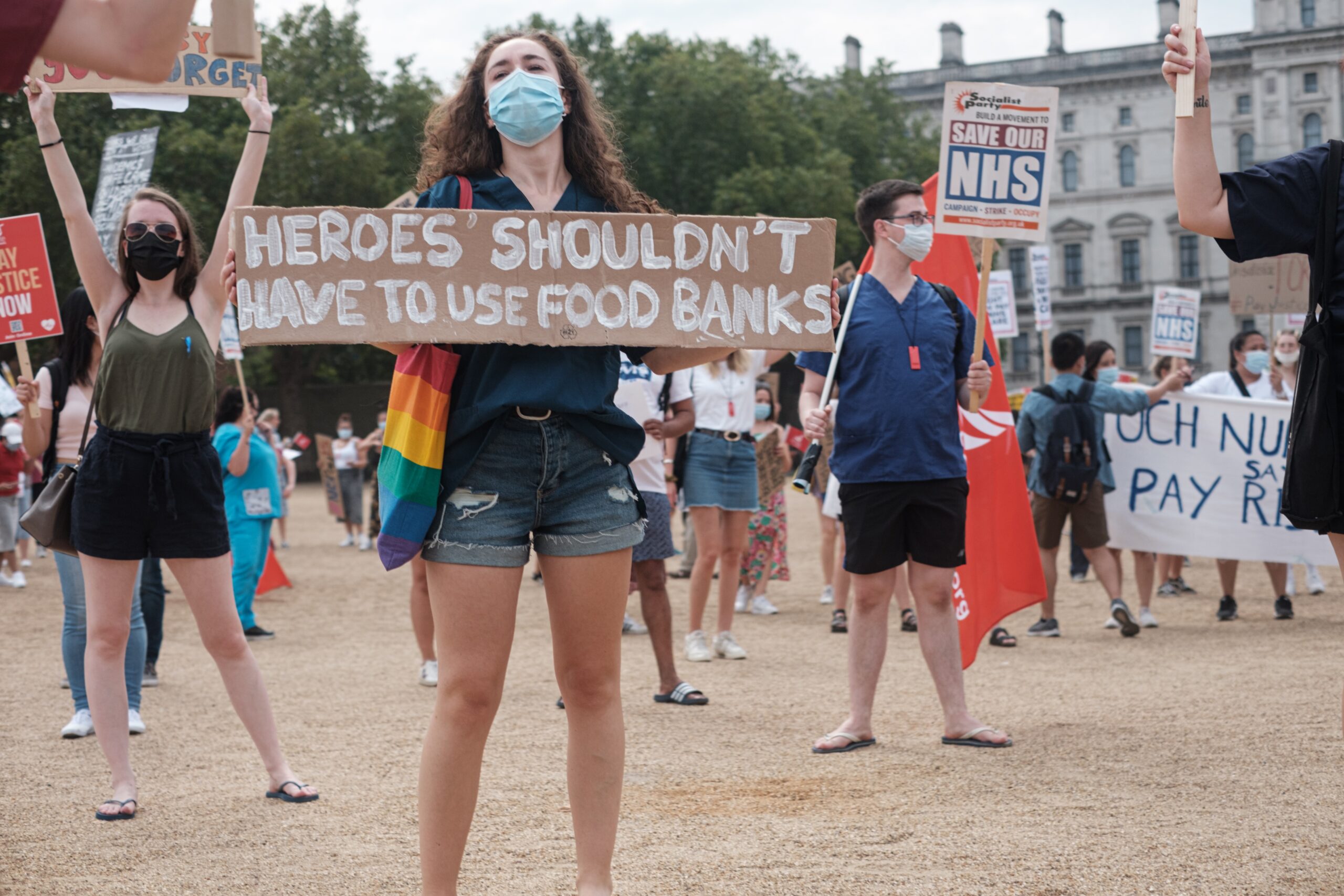NHS strikes: government’s strife with junior doctors escalates
Announced yesterday evening, junior doctors in England are set to stage a fresh strike for three days next month after the latest round of government pay talks broke down.
The British Medical Association (BMA) union, which represents doctors and medical students, said the government’s most recent pay offer of a 5% rise was not ‘credible’. As a result, the 72-hour strike is now set to run from 7am on Wednesday 14th June to 7am on Saturday 17th June.

However, a government spokesperson deemed the new pay offer ‘fair and reasonable’, and said it was ‘deeply disappointing’ that the BMA had declared further strikes ‘while constructive talks were ongoing’.
This will be the third strike junior doctors have held as part of a campaign to force ministers to give them a 35% pay rise to make up for what they estimate to be a 26.2% fall in the real-terms value of their salaries since 2008.
Dr Vivek Trivedi and Dr Robert Laurenson, Co-Chairs of the BMA’s junior doctors committee, disclosed that they have been talking to Health Secretary, Steve Barclay, for the last three weeks in an attempt to avoid a repeat of the two walkouts so far, which have severely disrupted NHS services.
Although, they said their negotiations had failed when Barclay refused to admit that junior doctors’ pay has been eroded over time. They said they had entered the talks in ‘good faith’ and hoped they ‘would finally see a real offer on the table that would avoid the need for more industrial action.’
Dr Trivedi and Dr Laurenson said: ‘We made proposals showing our willingness to be creative and work with the government on how the reversal of our pay erosion could be achieved. In the end, however, the government would simply not accept the fundamental reality of the pay cuts junior doctors have faced.
‘This was made clear when they finally made their pay offer of 5%. Not only is that nowhere near addressing pay erosion over the last 15 years, it would not even have matched inflation this year.’
Against this backdrop, the BMA have also warned that the union will continue to keep striking for at least three days every month ‘throughout the summer’ until their legal mandate for industrial action expires.
In addition, NHS England may be faced with strikes from other staff groups as the Royal College of Nursing’s second ballot of its members is currently underway. The ballot is seeking a legal mandate for another six months of stoppages and it opens today. Alongside this, the BMA is also balloting hospital consultants to see if they want to join the junior doctors in striking in pursuit of better pay.
Addressing the decision the union have made, a government spokesperson said: ‘We made a fair and reasonable opening offer, and were in active discussions about both pay and non-pay issues.
‘Unfortunately it seems the BMA is unwilling to move meaningfully away from their unaffordable headline demands on pay.’
Image: Unsplash
















